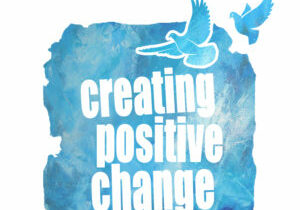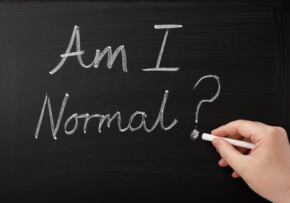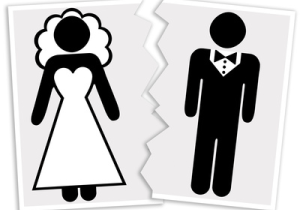“You never arrived in my arms, but you will never leave my heart.”
ZOE CLARK-COATES
Counseling for Miscarriage Grief & Loss
normal feelings, thoughts, and experiences that mothers and fathers might have after a miscarriage, loss of pregnancy, or stillbirth:
Mothers:
- Grief: Mothers often experience profound grief, sadness, and a deep sense of loss. This can be accompanied by crying spells and a feeling of emptiness.
- Guilt: Many mothers may grapple with feelings of guilt, wondering if they did something to cause the miscarriage or if they could have prevented it.
- Self-Blame: It's common for mothers to blame themselves, even when the miscarriage was beyond their control.
- Physical Discomfort: Physical symptoms such as cramping and bleeding can serve as constant reminders of the loss, adding to their distress.
- Isolation: Some mothers might withdraw from social activities or feel isolated as they struggle to process their emotions.
- Anxiety: Anxiety about future pregnancies and the fear of experiencing another loss can be overwhelming.
- Anger: Feelings of anger, often directed at the situation or even at their own bodies, can arise.
Fathers:
- Grief: Fathers also grieve the loss of their baby, but their expression of grief may be different from mothers.
- Helplessness: They may feel helpless, unable to protect their partner or prevent the loss.
- Inadequacy: Fathers might grapple with feelings of inadequacy, as they may struggle to find the "right" way to support their partner.
- Emotional Distance: Some fathers may appear emotionally distant as they process their grief differently, which can sometimes lead to misunderstandings with their partner.
- Role Changes: The loss may prompt fathers to reevaluate their roles and responsibilities as parents and partners.
- Fear of Future Loss: Like mothers, fathers may experience anxiety and fear regarding future pregnancies.
- Need for Support: Fathers often benefit from support and understanding, just as mothers do, even though their expression of grief may vary.
It's important to note that the grieving process is highly individual, and there is no "right" way to grieve. Both mothers and fathers should be encouraged to seek support, whether through counseling, support groups, or talking openly with each other, to navigate this challenging journey together.


Why Did God let this happen?
Experiencing a stillbirth or miscarriage can deeply shake one's faith and leave you feeling utterly let down by God. It's entirely normal to question why such a devastating loss has occurred. You may find yourself asking, "Why did God let this happen? Did I do something wrong? Is there a greater purpose to this pain?" These questions can be overwhelming, and the feeling of abandonment can be profound.
In moments like these, it's essential to know that seeking support is a sign of strength, not weakness. Counseling can provide a safe and compassionate space for you to explore these spiritual and existential questions, whether from a faith-based, Christian, or existentialist perspective. Dr. Chantal, a mother herself and married to a pastor, possesses a unique understanding of these issues. She can guide you through your grief, helping you find solace, answers, and a renewed sense of connection with your faith or spirituality. You don't have to navigate this journey alone; support and healing are available.


























